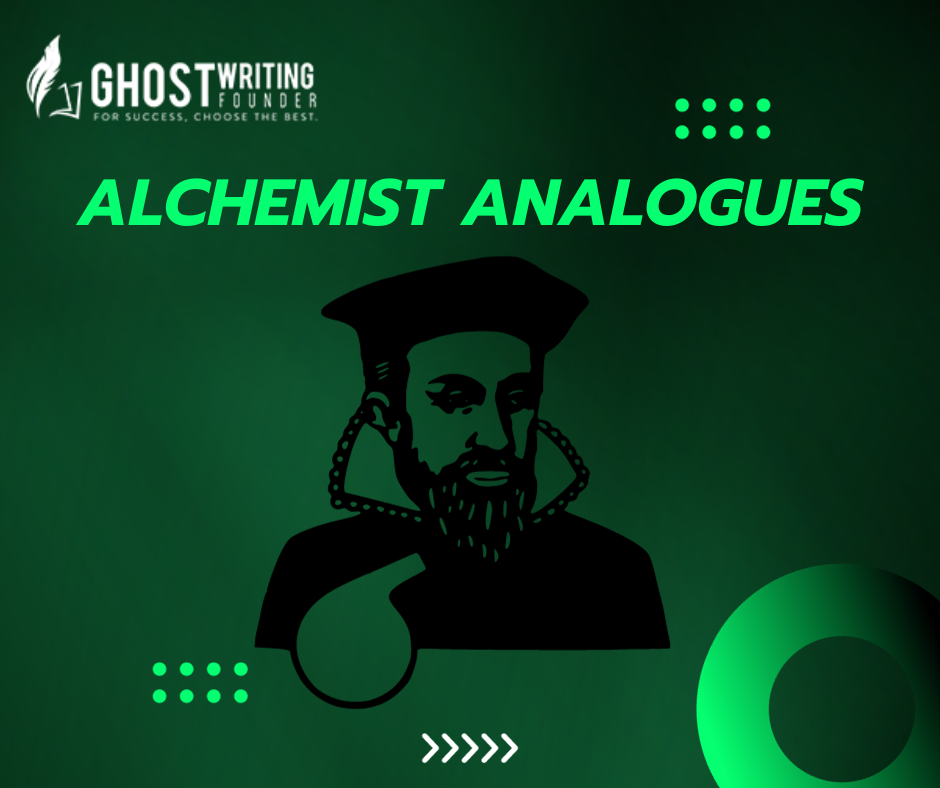
Writing
Readers all over the world love The Alchemist. It has captivated readers of all ages from throughout the globe and has been translated into dozens of languages.
Since its 1988 release, the story The Alchemist has resonated with readers as a source of insight, adventure, and philosophy.
So, if you enjoy life lessons, Paulo Coelho’s books, including these Alchemist analogues, are a must-read.
No matter what part of it you loved—the fable-like aspect, the protagonist’s exploits, or the self-discovery—I bet its life-changing influence was the most important.
Background of the Author:
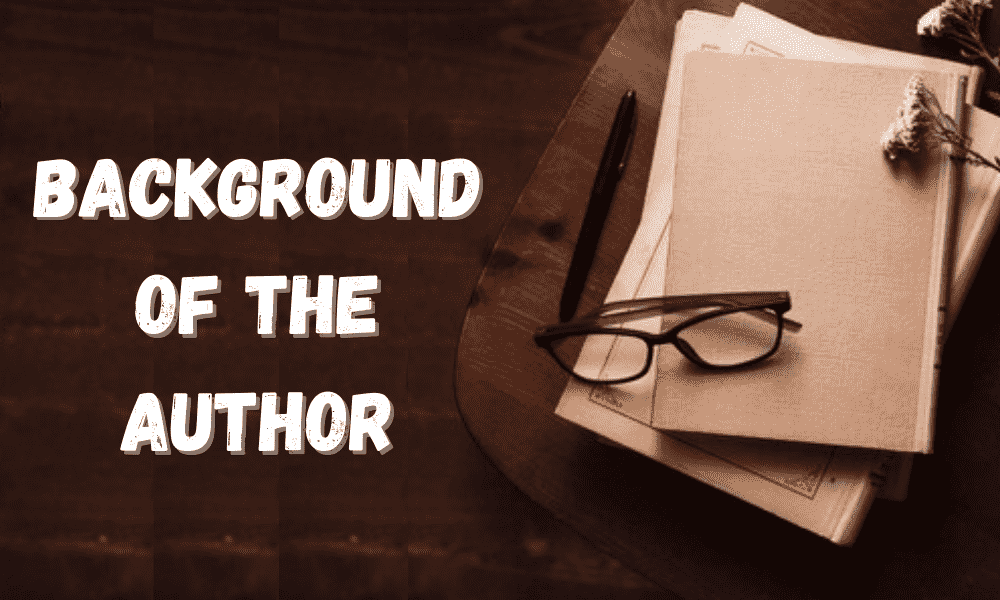
Paulo Coelho is a famous modern author born on August 24, 1947, in Rio de Janeiro, Brazil. His works are known for being deep and spiritual. His writing style is a unique mix of magical realism, philosophy, and symbolic stories. This has earned him praise and fans all over the world.
It wasn’t easy for Coelho to become a famous author. He first tried to make a living as a songwriter and theater director, but in the late 1980s, he switched his focus to writing. “The Alchemist,” the book that made him famous as a writer, was written by him in 1988.
This story with moral and allegorical themes was first written in Portuguese. It has since been translated into more than 80 languages and sold millions of copies worldwide.
Paulo Coelho’s The Alchemist is one of the most inspirational and thought-provoking novels ever published.
“The Alchemist” is about a shepherd named Santiago who goes on a quest to find a secret gem and learns important spiritual and life lessons. The book has stayed famous for a long time because it has common themes like fate, personal history, and following your dreams.
Best Alchemist Analogues to Read:
Below are the13 best books from the suggestion list of Ghostwriting Founder for your next read:
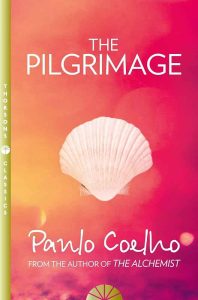
1-“The Pilgrimage” by Paulo Coelho:
Paulo Coelho wrote The Pilgrimage before The Alchemist. It’s a story of adventure, self-discovery, and how important ordinary and everyday things are. This is the best Paulo Coelho book.
The book tells the story of Coehlo’s journey along the Camino de Santiago to join the Regnus Agnus Mundi. This story shows how important it is to keep things simple and how important it is to find your life’s path.

2-“Siddhartha” by Hermann Hesse:
Hermann Hesse’s “Siddhartha” unfolds the spiritual journey of its titular character, Siddhartha, as he seeks enlightenment. Set against the backdrop of ancient India, the novel explores the universal quest for purpose and self-discovery.
Like The Alchemist analogues, it delves into the transformative power of personal experience and the pursuit of a higher understanding of life.
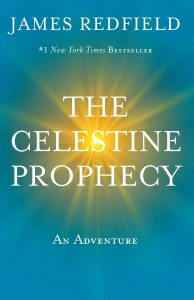
3-“The Celestine Prophecy” by James Redfield:
James Redfield’s “The Celestine Prophecy” seamlessly blends spirituality with adventure, echoing The Alchemist’s exploration of destiny and the interconnectedness of all things.
The protagonist’s quest for a mysterious manuscript leads to profound insights about energy, consciousness, and humanity’s spiritual evolution.
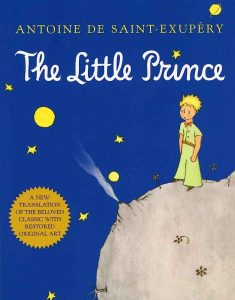
4-“The Little Prince” by Antoine de Saint-Exupéry:
Antoine de Saint-Exupéry’s timeless classic, “The Little Prince,” takes readers on an interstellar
Journey with a young prince. This enchanting tale mirrors The Alchemist’s whimsy and philosophical musings, using the prince’s encounters with various characters to explore profound truths about life, love, and human nature.

5-“Jonathan Livingston Seagull” by Richard BachRichard
Bach’s novella, “Jonathan Livingston Seagull,” explores self-discovery and breaking free from societal norms. Much like the Alchemist analogues, the narrative encourages readers to pursue their dreams relentlessly, even when faced with challenges and societal expectations.
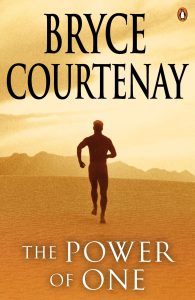
6-“The Power of One” by Bryce Courtenay
In South Africa, Bryce Courtenay’s “The Power of One” is a coming-of-age story exploring the transformative power of personal determination and resilience.
Like The Alchemist, the novel emphasizes the protagonist’s journey toward self-discovery and the pursuit of a meaningful existence against the backdrop of a complex historical setting.
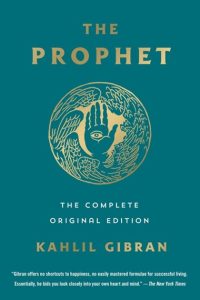
7-“The Prophet” by Kahlil Gibran:
Kahlil Gibran’s “The Prophet” is a poetic masterpiece that delves into life’s profound aspects. Reflecting on The Alchemist’s exploration of spirituality, love, and self-discovery, Gibran’s poetic wisdom imparts timeless insights through the words of the prophet Almustafa.

8-“The Secret Life of Bees” by Sue Monk Kidd:
Sue Monk Kidd’s novel weaves a tale of self-discovery and female empowerment. Like The Alchemist analogues, the narrative explores themes of transformation and the search for one’s true path as the protagonist, Lily Owens, embarks on a journey of healing and understanding in the racially charged American South.
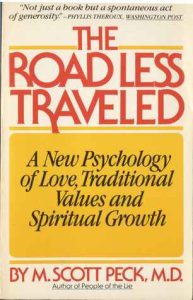
9- “The Road Less Traveled” by M. Scott Peck:
M. Scott Peck’s “The Road Less Traveled” focuses on the psychological dimensions of life’s obstacles. In line with The Alchemist’s focus on personal growth and the search for meaning in life, Peck’s writing urges readers to face problems with love, discipline, and a commitment to personal growth.
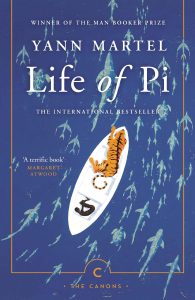
10- “Life of Pi” by Yann Martel:
Yann Martel’s “Life of Pi” is the story of a young man who lives on the high seas and grows spiritually. In the same way that The Alchemist analogues show how strong the human spirit is, Pi’s story shows how faith can change people and how people can find their true selves.

11-“The Time Keeper” by Mitch Albom:
In “The Time Keeper,” Mitch Albom explores what time is and how it affects people’s lives. Albom writes a story about the effects of people being too obsessed with time, similar to The Alchemist’s themes of fate and how important the present moment is.
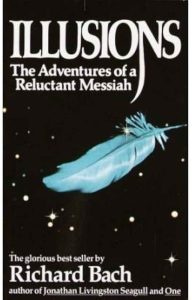
12- “Illusions: The Adventures of a Reluctant Messiah” by Richard Bach:
Richard Bach is back on the list with “Illusions,” a thought-provoking look at how lies affect how we see things. Like The Alchemist, this book is about how belief can change things. It encourages readers to question what they think is real and accept the magic that lives inside their thoughts.
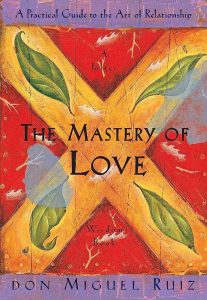
13- “The Mastery of Love” by Don Miguel Ruiz:
Don Miguel Ruiz’s “The Mastery of Love” examines love and relationships’ intricacies. Along with the Alchemist Analogues themes of universal truths and how everything is linked, Ruiz advises on loving yourself and making deep relationships with other people.
What Distinguishes Non-Fiction Books from Fiction?
Non-fiction books are based on real events, facts, or information. They encompass various genres, including biography, history, science, and self-help.
What makes editing children’s books different from editing books for adults?
Editing children’s books requires a deep understanding of the target age group. Editors must ensure that language, themes, and content are age-appropriate and engaging for young readers.
Essential Elements and Detailed Insights
| Unique Alchemist Analogues | Author | Key Themes and Insights |
|---|---|---|
| “The Pilgrimage” | Paulo Coelho | Adventure, self-discovery, importance of simplicity, finding life’s path |
| “Siddhartha” | Hermann Hesse | Spiritual journey, enlightenment, universal quest for purpose and self-discovery |
| “The Celestine Prophecy” | James Redfield | Blend of spirituality and adventure, destiny, interconnectedness of all things |
| “The Little Prince” | Antoine De Saint-Exupéry | Whimsy, philosophical musings, profound truths about life, love, and human nature |
| “Jonathan Livingston Seagull” | Richard Bach | Self-discovery, breaking free from societal norms, pursuing dreams relentlessly |
| “The Power Of One” | Bryce Courtenay | Coming-of-age, personal determination, resilience, transformative power against historical backdrop |
| “The Prophet” | Kahlil Gibran | Poetic masterpiece, exploration of spirituality, love, and self-discovery |
| “The Secret Life Of Bees” | Sue Monk Kidd | Self-discovery, female empowerment, transformation, search for one’s true path |
| “The Road Less Traveled” | M. Scott Peck | Psychological dimensions of life’s obstacles, personal growth, commitment to facing problems with love |
| “Life Of Pi” | Yann Martel | Spiritual growth, faith, resilience, finding one’s true self |
| “The Time Keeper” | Mitch Albom | Exploration of time’s impact on people’s lives, importance of the present moment |
| “Illusions” | Richard Bach | Thought-provoking look at how lies affect perception, questioning reality, belief’s transformative power |
| “The Mastery Of Love” | Don Miguel Ruiz | Examination of love and relationships, universal truths, deep connections between individuals |
Conclusion:
Many people who like reading about philosophy and travel consider The Alchemist a classic. If you’re looking for more novels to read, these suggestions are certainly only a few of the comparable influential works.



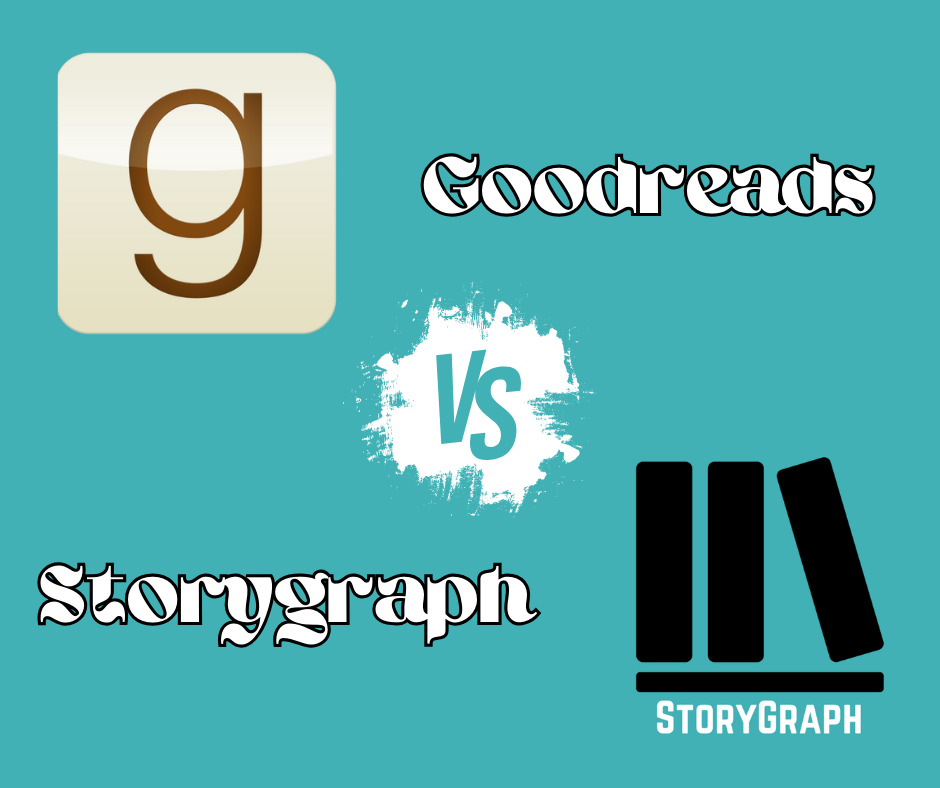





Leave a Reply